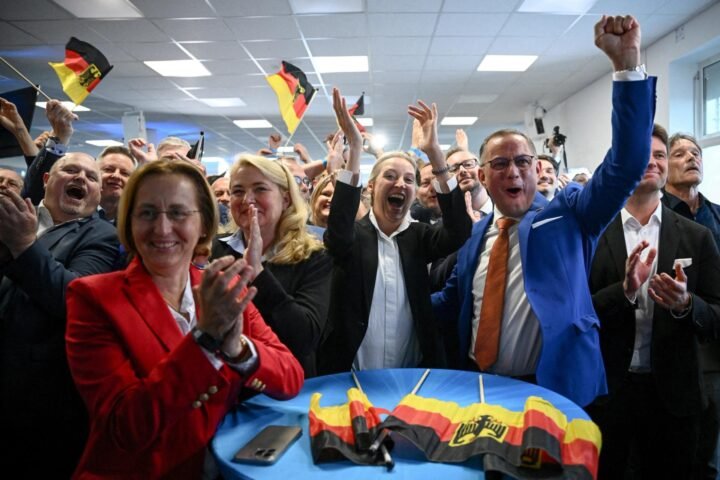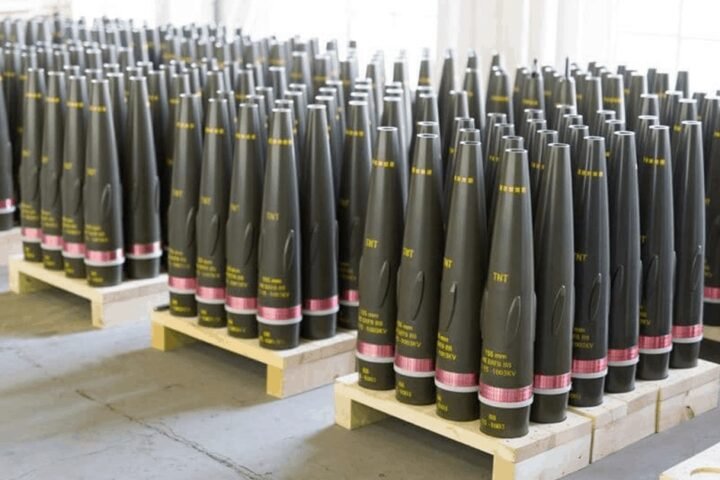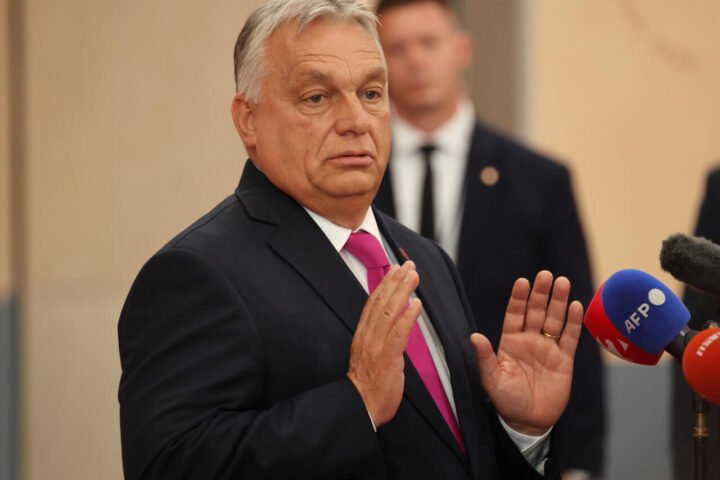growing energy gap strains Russia’s power grid
Russia is facing a cumulative electricity deficit of around 25 gigawatts across multiple regions, according to Energy Minister Sergey Tsivilev in an October 1 interview with Expert. Current supply meets demand only with delays of two to three years, increasing pressure on aging thermal and hydroelectric power plants.
factors driving the shortfall
Tsivilev cited several causes for the gap: outdated equipment exhausted beyond service life and reliant on foreign components blocked by sanctions; lack of transparent long-term investment programmes; absence of state-backed project credits; conservative pricing regimes discouraging new capacity; and no legislative tools to manage peak demand.
regional impact and load management measures
Differentiated generation tariffs operate in 76 regions, ranging from 3,900 to 6,000 ₽/MWh, signalling urgency for new capacity. Forty-two regions have introduced consumption caps during peak hours and deploy reduced tariffs or voluntary demand reduction mechanisms to balance loads. In central Russia, deficits reach 0.2–0.5 GW, while northern, Siberian, and Far Eastern systems face shortages exceeding 1–2 GW during peak demand growth.
sanctions and investment shortfalls
Sanctions have stripped Russia of more than 5 GW of annual investment reserves, forcing delays in key energy block modernisations. Rosatom is building 39 nuclear reactors abroad and only seven domestically, including projects in Ethiopia and Burkina Faso, despite these countries’ limited ability to finance such ventures.
implications for Russia’s energy security
The gap exposes a systemic vulnerability in Russia’s energy system. Even without Ukrainian strikes on energy infrastructure reaching peak intensity, the grid is showing signs of overload and accelerated degradation. Without shifting priorities toward domestic capacity expansion, Russia faces an increased risk of energy shortages in the medium term.
expert perspectives on strategic choices
Experts highlight the misalignment between Russia’s overseas nuclear projects and domestic needs. Investments in foreign plants are seen by critics as diverting resources from critical upgrades at home, risking an energy collapse. The lack of modernisation capacity under sanctions further exacerbates vulnerabilities.
broader context and potential risks
Energy deficits are not only a technical challenge but a strategic one, with implications for regional stability and economic resilience. Without reforms in pricing, demand management, and investment frameworks, Russia’s energy crisis is likely to deepen.










